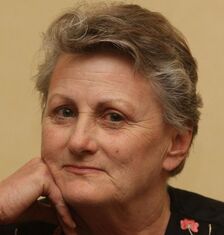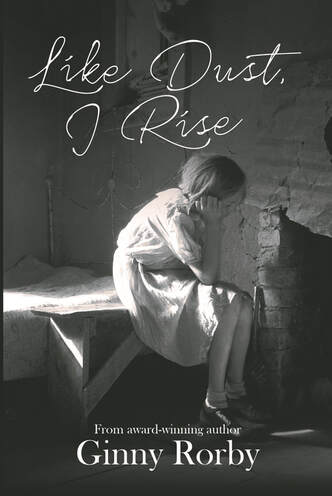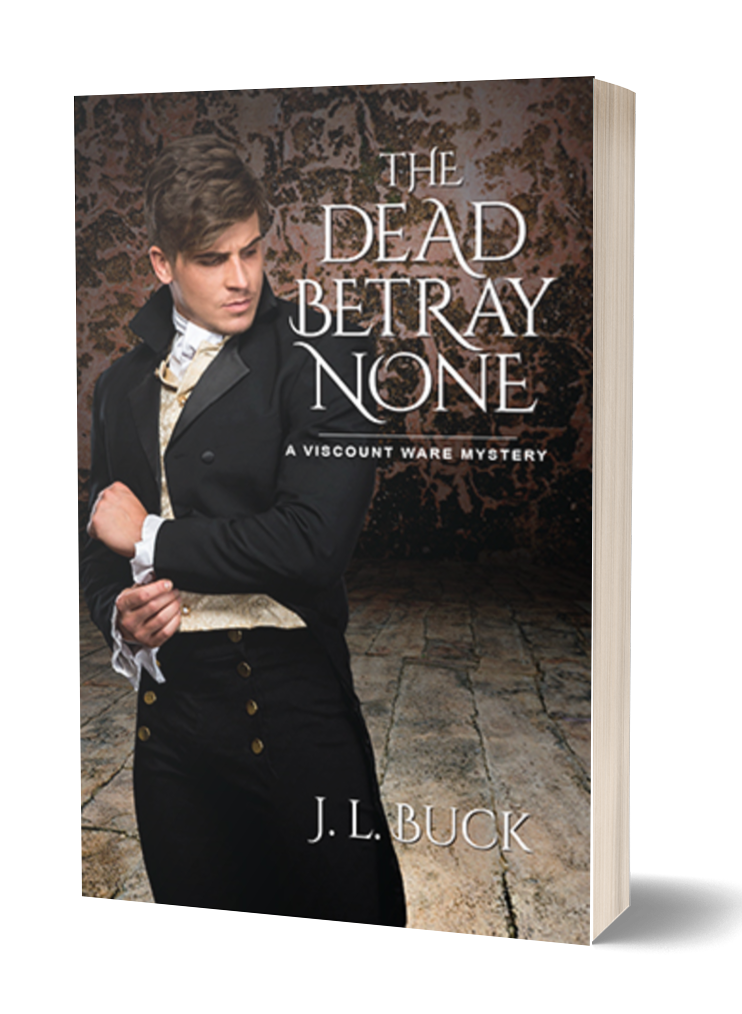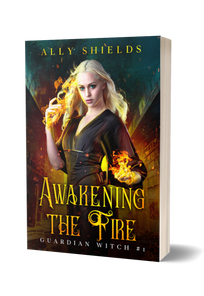
What a nice February day in the Midwest with temps in the 40s! Still not deck weather, but it will be soon. I hope you can stop a while to visit with this week’s guest author, Ginny Rorby.
Welcome, Ginny! How do you take your coffee?
GR: I drink what an old boyfriend once called mooky-mooky. Café Vienna. A can of preservatives and sugar. The next to the last ingredient is coffee. Hasn’t killed me yet.
Ally: Fortunately, my magic pot is up to any challenge! While it prepares a mooky-mooky Café Vienna, please introduce yourself to readers.

Ginny Rorby is the author 6 MG/YA novels: How to Speak Dolphin, Lost in the River of Grass, 2013 winner of the Sunshine State Young Readers Award, Hurt Go Happy, 2008 winner of the Schneider Family Book Award, The Outside of a Horse, Dolphin Sky, and Freeing Finch (2019) is the inspiring story of a transgender girl and a stray dog who overcome adversity to find love and a place to belong. Like Dust, I Rise (Dec 2021) is a coming-of-age novel set in Dalhart, Texas, the epicenter of the Dust Bowl, and is appropriate for all ages.
Something unique/unusual that isn't in your regular bio. “I do animal rescues, including releasable bats. I once rescued 3, which got loose in my car. They circled around me the entire drive home and sailed to freedom when I reached my driveway and lowered the windows.”
She can be reached at www.ginnyrorby.org [email protected] and at the following:
- Facebook – https://www.facebook.com/grorby
- Twitter – https://twitter.com/rorbywrites
- Instagram – https://www.instagram.com/ginnyrorby/
- Website/Blog – www.ginnyrorby.org www.ginnyrorby.org/blog
- LinkedIn – https://www.linkedin.com/in/ginny-rorby-94440613/
Ally: Who or what inspired your featured book?
GR: I wanted to learn more about the Dust Bowl era after watching the Ken Burns documentary. I, then, read Timothy Egan’s The Worst Hard Time Ever, and was hooked. My parents grew up in the mid-west which means I’m a degree of separation from that era.
Ally: What is the easiest—or the hardest—part of writing for you?
GR: The easiest is rewriting. I love to rewrite. I love the research. What I ended up with for this book were 24 single-spaces pages of bullet points. It was a little like trying to create a cohesive story out of a deck of playing cards. It’s the same with nearly every book, and is why I hate the actual act of creating the story line.
Ally: Do you use critique groups or beta readers? Do you find them valuable?
GR: I’ve been part of a writers’ group for 25 years. With the exception of my first novel, all the rest have been written by committee.
Ally: Why did you choose writing as a career? Is it your only career, or do you have a “day” job?
GR: I am an ACCIDENTAL AUTHOR. I was a Pan Am flight attendant when, in 1981, a friend found an abandoned dog in the doorway of the Catholic Church in Coconut Grove, Florida. She was young, skin and bones, with no fur left on her body except for a single long patch down the back of her neck. Maggots lived in open sores on her sides; her eyes were diseased and opaque. Her head and ears were bloody from her miserable digging at fleas, and flies drank at the discharge from her eyes. My friend and I took her to a vet and had her put down. On the way home, I wrote a letter to her owners describing how her life ended. Of course, I had no one to send it to, so I folded it and jammed into a pocket in my purse.
Early in August 1982, I was in the offices of the Miami News and, while waiting for the editor with whom I had appointment, I began cleaning out my purse. There in a side pocket was the letter I’d written about the dog. I scrawled, We Found Your Dog, at the top of the page and gave it to the woman who came to review my photographs. Two days later it was published as an editorial comment. That same day, John Hopkins, an editor with the News, called my home and left this message with my husband—a single sentence that changed my life: “Tell her if she can write like that, we’ll publish anything she writes.”
At the time of John’s call, I was five years into my work on a degree in Biology. Physics, Organic Chemistry, and Calculus loomed large. On a whim, I signed up for a creative writing class instead. Eventually, with the encouragement of Evelyn Wilde Mayerson and Lester Goran, and a pat or two on the head by Isaac Bashevis Singer and James Michener, I was, by 1985, committed to becoming a writer and began work on the novel that eventually became Dolphin Sky.
I’d never had an interest in writing, failed English at every opportunity, and don’t consider myself very imaginative, so over the course of the next three years, until I graduated in 1985, I rewrote the same story over and over. For each new class I trotted out the story of my husband sinking his airboat and walking out of the Everglades. That story eventually became Lost in the River of Grass and won the Sunshine State Young Readers award.
Ally: Do people you know sneak into your books as characters?
GR: Perhaps not the characters themselves, but I do name nearly all my characters after people I love. It gives me an existing relationship on which to build.
Ally: What is your next writing project?
GR: I’ve been working a YA novel about a juvenile delinquent assigned to do community service with a botanist doing research into plant communication. Anticipated release date? In my lifetime, I hope.
Ally: Which of the trivia questions did you pick to answer?
- Book you're currently reading: The Orchardist
- An item on your bucket list: Iceland
- Favorite quote: "If the book will be too difficult for grownups, then you write it for children." Madeleine L'Engle
- Last time you rode a train (not subway): I took a train from Davis, CA to Jacksonville, FL in October. I love to write on trains. When I was researching Like Dust, I Rise, I took a train to Chicago, then on to Lamar, CO where I rented a car at the Ace Hardware store to drive to Dalhart, TX where Like Dust takes place.
- Best place you’ve ever visited: The Galapagos.
- If you couldn't write anymore, what would you do? Open a vein.
- How long does it take you to write a book? The longest I’ve taken to write a book is 30 years. The shortest, 2.

Genre: MG / YA and Coming of Age
Little House on the Prairie meets the Four Winds in this novel of hope and heroism, set in Texas during one of America’s worst natural disasters—the Dust Bowl.
Inspired by Amelia Earhart’s heroics, young Winona ‘Nona’ Williams tenaciously clings to the desire to become a pilot even after her father, with dreams of his own, dismisses the idea. When he quits his job in the Chicago stockyards to join other homesteaders settling the Great Plains, Nona finds herself torn between supporting her father’s vision for their future and her mother’s struggle to adjust to life on a desolate prairie.
Initially, things look up for the family as they settle into life in Dalhart, Texas. The wheat boom is in full swing, and it appears her father’s dream of providing his family with a home of their own is coming true. Too soon the effects of the depression impact her family, then the rains stop. Before long, Dalhart is the epicenter of the Dust Bowl.
Like Dust I Rise transforms poverty into pride and reflects the heroism of endurance.
Buy Links:
https://www.blackrosewriting.com/literary/likedustirise
https://smile.amazon.com/Like-Dust-Rise-Ginny-Rorby/dp/1684338271/ref=tmm_pap_swatch_0?_encoding=UTF8&qid=1642881577&sr=1-1
 RSS Feed
RSS Feed





